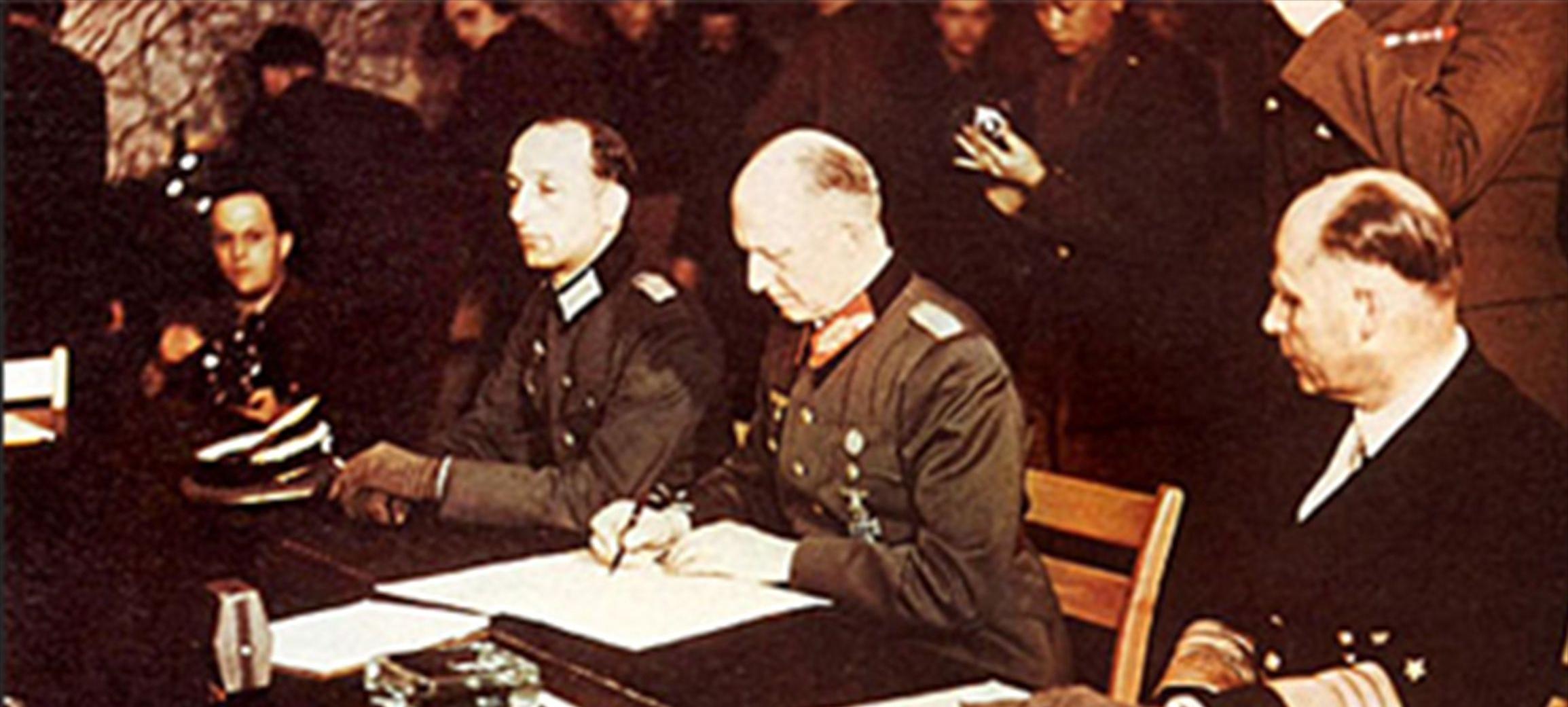Zhang Jinghui has written a lot about things before, but there are two things that must be written, which helps us to understand the "Prime Minister" and "what to give" doctrine from the other side.
Things are caused by the situation. In the autumn of 1944, Zhang Jinghui, Yu Jingtao, and japanese secretary Matsumoto Masao plotted to see the collapse of two of the three fascist Axis powers, the defeat of Italy and Germany, and the bright prospects of Japan's war situation in the Pacific.

They held that measures should be taken to peacefully resolve the Sino-Japanese war issue so that Japan could free up its hands to deal with Britain and the United States with all its might, and that required the Japanese Government to conduct "negotiations" with Chiang Kai-shek on the premise that Chiang Kai-shek promised to recognize "Manchukuo." Zhang Jinghui was willing to act as a matchmaker for Negotiations between Japan and Chiang Kai-shek.
To this end, Matsumoto Yoshio flew back to Tokyo and took Zhang Jinghui's letter of recommendation to meet Umezu Yoshijiro, the chief of staff at the base camp at that time. Umezu was impressed by Zhang's loyalty and immediately consulted with Hideki Tojo, but Zhang Jinghui's plan to curry favor with Japan was rejected by the belligerent Tojo.
Zhang Jinghui was not sad, seeing that the situation was dangerous, in order to preserve "Manchukuo" and even more to keep his "prime minister" throne, Zhang Jinghui planned with Yu Jingtao and Matsumoto.
In the spring of 1945, they conspired again in an attempt to get the Japanese top authorities to agree to Zhang Zuoxiang, who was working as a yugong in Tianjin, to preside over the north China regime. Zhang Zuoxiang still had contacts with chiang kai-shek's government, and when "Manchukuo" was approaching its demise, a neutral regime existed between "Manchukuo" and Chiang Kai-shek's government, which could be used for communication. In the final analysis, this is a retreat route for the puppet Manchu traitors to leave North China.
The plan was decided, and Matsumoto flew to Tokyo to operate in various organs of the Ministry of Foreign Affairs and the Ministry of the Army. This plan was finally adopted by the relevant parties, and Matsumoto took the letter from the highest authority of the Japanese Army and rushed to Peiping to meet Okamura Ningji, commander of the North China Garrison Army, but unexpectedly touched a nose of ash.
Okamura categorically refused to let Zhang Zuoxiang come to power on the grounds that Wang Yintai, chairman of the North China Political Affairs Committee, had just been replaced and it was not good to let Wang go down. It is said that Okamura Ningji also ate a big bribe from Wang Yintai and was embarrassed to rebel. The second plan conspired by Zhang Jinghui and others went bankrupt.
Through two unsuccessful plots, people cannot help but "admire" the fineness of Zhang Jinghui's personal plans. This old and treacherous politician is walking up and watching the next step, and knows very well how to seize and take advantage of the opportunity; although "Manchukuo" has been shaken, it has not yet collapsed, and Zhang Jinghui, as the "prime minister," has arranged a back road for himself.
However, no matter how elaborate his personal calculations were, his actual status was only that of a slave serving the Kwantung Army. He waited for his master and practiced the doctrine of "what to give", which made the Japanese very happy.
In turn, he wanted to make some demands on the Japanese masters, and although these demands were personal, they were also for the good of the master—to withdraw from the Chinese battlefield with dignity. It would not be possible to establish a middle power in Northern China in order to protect the colony of "Manchukuo". After all, a slave is a slave, and he must not interfere in the affairs of his master at will.
It seems that Zhang Jinghui's doctrine can only be in the right direction, if you want to go backwards, sorry, don't forget the identity, it is "no way"!